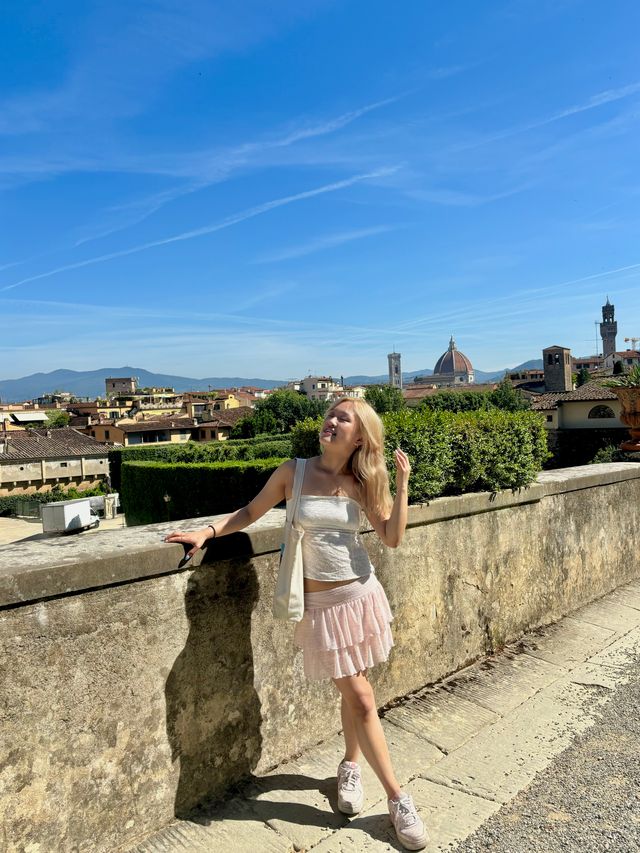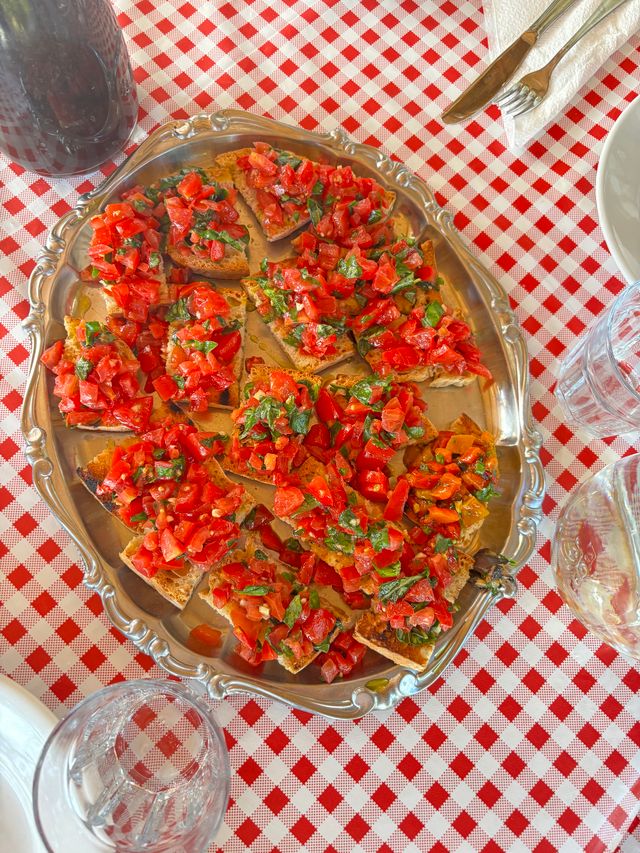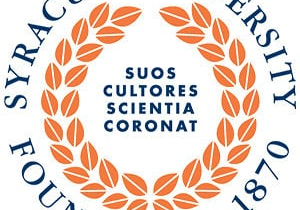
Rachel Lin
It was a life-changing opportunity to live in Tuscany and learn about food and culture. As soon as I set foot in Florence, I became fascinated with the region’s breathtaking scenery and rich history. Walking through the hallways of Florence’s Uffizi Gallery, surrounded by works of art that have influenced Western art history, was one of my favorite experiences. I was enthralled with the depth and beauty of each painting and sculpture as I strolled through galleries filled with pieces by Michelangelo, Botticelli, and Leonardo da Vinci. Upon viewing Botticelli’s “The Birth of Venus” and Leonardo’s “Annunciation,” I experienced a deep sense of connection with the creative brilliance that defined the Renaissance era. But the meal was what really won me over. I will never forget my first taste of real Tuscan food, from the simplicity of Pici all’aglione, which is thick spaghetti-like pasta tossed in a tomato and garlic sauce filled with fresh Mediterranean flavors, to the comforting flavors of Pappa al Pomodoro, a hearty tomato and bread soup that warmed me to the core.
Taking cooking classes in Italy was a delightful immersion into the heart and soul of Italian cuisine. I had the opportunity to participate in classes both in Florence and in smaller Tuscan towns, each offering a unique perspective on regional specialties and culinary traditions. During the classes, we learned to prepare classic dishes like handmade pasta, such as tagliatelle or ravioli, using traditional methods passed down through generations. Rolling out dough under the guidance of skilled chefs and mastering techniques like making the perfect pasta sauce or risotto was both challenging and rewarding. Beyond the technical skills, these classes were a cultural exchange. We shared stories with fellow participants from around the world, bonded over our love for food, and learned about the history and significance of each dish. There was a sense of camaraderie and joy in creating a meal together, which mirrored the Italian value of food as a way to bring people together. One particular highlight was learning to make tiramisu, a beloved Italian dessert. From soaking ladyfingers in espresso to layering them with mascarpone cheese and cocoa powder, every step was a labor of love and attention to detail. The satisfaction of tasting the final product, made with our own hands, was incredibly rewarding. These cooking classes not only deepened my appreciation for Italian cuisine but also equipped me with practical culinary skills that I continue to use and share with friends and family. They were an unforgettable blend of learning, cultural exchange, and pure enjoyment, making my time in Italy even more enriching and memorable.
One surprising aspect of my experience in Tuscany was the profound connection between food and community. I was surprised to learn how much gathering around the table at meals in Tuscany involves sharing customs, stories, and a sincere appreciation for life’s small joys. I saw both locals and tourists having lively talks over lengthy, relaxed lunches in little trattorias and family-run osterias. Every meal appeared to represent a sense of place, people who grew the ingredients, and generations who worked to perfect the recipes. Whether it was joining in the lively banter of a local market, where vendors passionately described their produce, or sitting down at a communal table in a countryside agriturismo, where every course was a celebration of regional specialties, I was struck by the warmth and generosity of Tuscan hospitality.
As someone who is interested in veterinary practice, I was able to explore the intersection of traditional Tuscan agriculture, particularly animal husbandry practices. This includes researching sustainable farming methods used in Tuscany, such as organic viticulture or free-range livestock management, and their implications for animal health and welfare. Understanding the cultural aspects of food production and consumption in Tuscany can enhance my ability to communicate effectively with diverse communities, including those from agricultural backgrounds. This cultural competence is crucial in veterinary medicine, where understanding local practices and beliefs can influence animal care and client relations. Building on my experience in Tuscany, we went to visit farms in the local area that specialize in raising goats, sheep, and cows. By observing firsthand how these animals are managed, fed, and cared for, I deepened my understanding of animal behavior, nutritional needs, and health challenges specific to each species. This practical experience will complement my academic studies and provide insights into sustainable farming practices that prioritize animal welfare.











